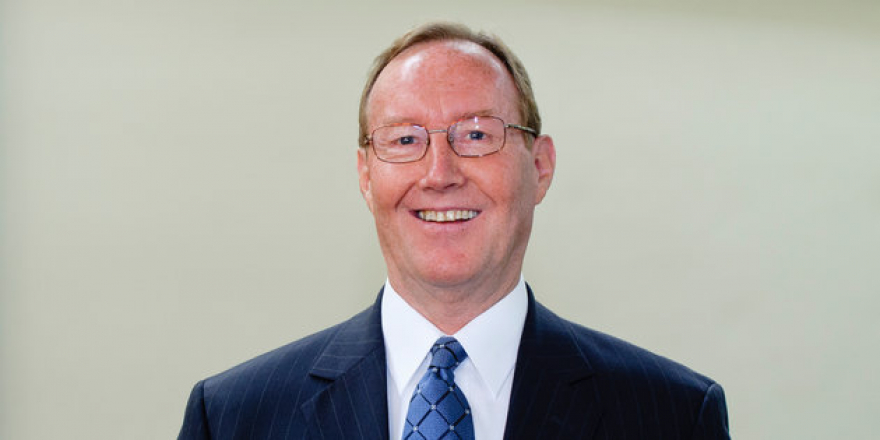School of Law Introduces New Concentration in Faith-Based Diplomacy
Pepperdine Magazine is the feature magazine for Pepperdine University and its growing community of alumni, students, faculty, staff, and friends.
Pepperdine’s PACIS Project of Faith-Based Diplomacy, housed in the No. 1-ranked Straus Institute for Dispute Resolution at the School of Law, has announced a new concentration in faith-based diplomacy. The concentration will be overseen by W. Timothy Pownall, founding director of the PACIS Project, and will begin accepting students in Spring 2012.
“The concentration provides an academic ‘home’ for the education and mentoring of the next generation of faith-based diplomats and for new scholarship born out of field experiences,” says Pownall. “It’s a pioneering effort, and once launched, will be the first of its kind in the country and likely, the world.”
The PACIS Project works with leaders in policymaking circles, foreign ministries, national security agencies, religious denominational communities, and humanitarian NGOs who represent polarized communities caught in identity-based conflict—those who grapple with the complex connection between religion and violence in their societies.
Well-intentioned diplomacy often falls short when these groups are not prepared to live together in peace. The PACIS Project uses a unique model for faith-based reconciliation supported by eight core values shared by the world’s three principal monotheistic faiths. It aims to ‘soften hearts’ of adversaries towards one another in advance of then more constructive problem-solving efforts.
PACIS’ approach has been successfully tested in troubled places like Kosovo, Sudan, Kashmir and, more recently, with both state and non-state actors in Israel, Palestine, and several neighboring Muslim-majority nations. The new concentration will allow select students to interact directly with influential decision makers in the Middle East and North Africa.
